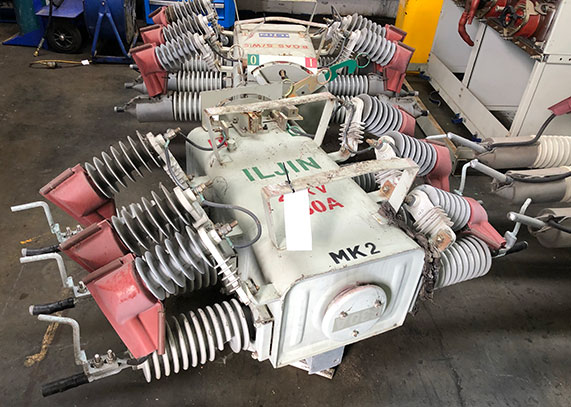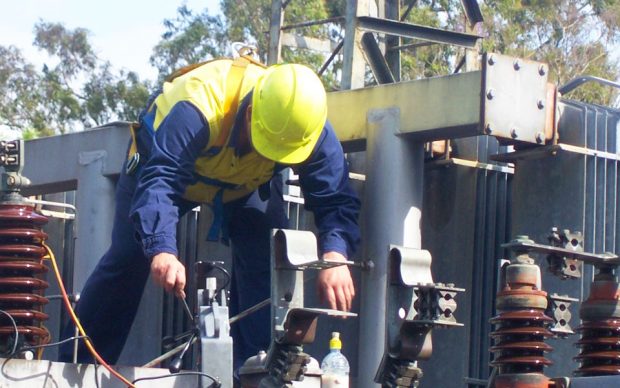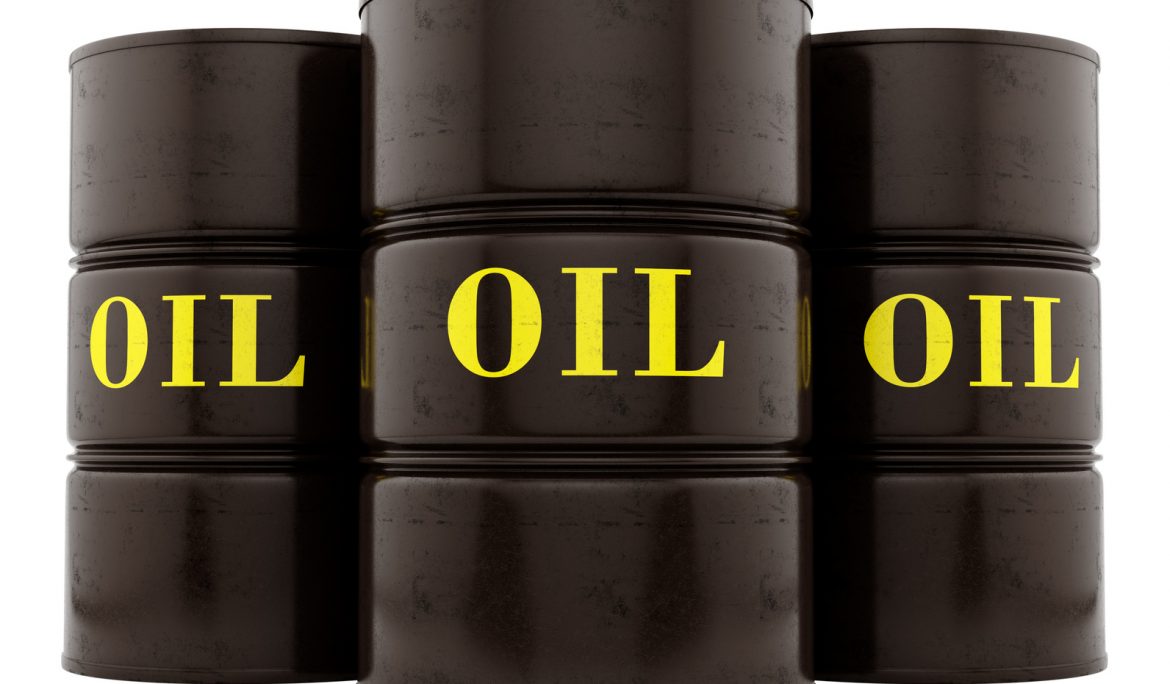Waste Oil Collection Services
Waste Oil Collection Services Australia Wide Knowing that one litre can contaminate up to a thousand litres of water, it is essential to learn how to manage oil every time we perform an oil change. Cooper’s Environmental has been providing waste oil collection services for more than 20 years. At Cooper’s, we know that oil does not wear out, it just gets dirty, and if we dispose of it inappropriately, it has a high probability of becoming hazardous. Hazardous oil is a threat to the lives of humans, plants, and animals (terrestrial and aquatic). We collect a variety of waste …
Polychlorinated Biphenyls (PCB) Management Plan
Polychlorinated Biphenyl (PCB) is a toxic environmental pollutant made of organic chlorine compound and was largely used as a coolant fluid, stabilizer in paint and cement and in carbonless copy paper. PCBs are non-biodegradable and need to be decontaminated and treated. They can find their way to the environment as a result of manufacturing, disposal or use, and accidentally during storage or transport. Materials containing PCBs should be handled, stored, transported and disposed of in the safest and proper method. In order to protect the environment from the harms caused by PCB materials, the Australian and New Zealand Environment and …
SF6
What is SF6? Sulfur hexafluoride (SF6) is an odourless, colourless, non-flammable, inorganic, extremely potent greenhouse gas. This compound is formed when sulfur reacts with fluorinated gas that is produced by the electrolysis of anhydrous hydrofluoric acid (HF). It is a hypervalent molecule that has an octahedral geometry comprising of six fluorine atoms that are bound to a sulfur atom. SF6 is also a great dielectric gas that is used for high voltage applications. The gas remains chemically inert even at low temperatures and has many advantages due to its combined thermal, chemical, and electrical properties. SF6 Properties SF6 has properties …
Hazardous waste disposal
Hazardous waste disposal methods Waste materials produced by companies can be considered as either hazardous or non-hazardous. There are different ways of hazardous waste disposal, with the most desirable being reduction of the waste quantity at its source or to recycle the materials and use them to do something productive. However much we would like to only consider these two methods, they are not the only ways of solving the hazardous-waste disposal problem. At one time or another, a certain amount of hazardous waste will need to be treated, stored, or disposed of. Treatment There are different methods of treating …
Waste Oil Disposal
Best Practices for Waste Oil Disposal It is important to observe the right procedures when handling and disposing of waste oil and used oil. Most people do not understand the difference between waste oil and used oil and more often they use these terms interchangeably. Despite the two labels identifying the same fluid, there is a substantial difference from a regulatory point of view. The U.S. Environmental Protection Agency defines gives the following definition for used oil, “Used oil is any oil that has been refined from crude oil or any synthetic oil that has been used and as a …






